5. Daniel Day-Lewis
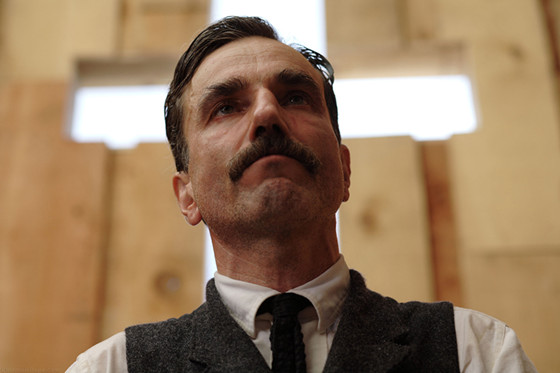
Having won his first Oscar for a 1989 role, Daniel Day-Lewis at nearly 60 years of age may be a slight stretch when it comes to his qualification as a “contemporary” actor. However, he is still giving performances in the 21st century that will undoubtedly stand the test of time, proving that we are surely witnessing him at his peak.
As the definitive “method actor” of film, he brings so much dedication to becoming his characters that his own identity is practically lost for the duration of every film shoot.
The insane level of commitment this entails means that he only does one film every three to five years on average, which both dampens and solidifies his placement here as each performance is a celebrated occasion yet there are long periods of time in which he is hardly on audiences’ minds at all. Nevertheless, he had to be at the very least in the top five.
Almost two full decades following his tour-de-force work in My Left Foot, Day-Lewis turned in what could fairly be labelled as the best leading male performance of the century – in fact, a solid case would be made by many for it being the single best piece of film acting in history – in Paul Thomas Anderson’s There Will Be Blood.
As a maliciously greedy oilman whose lack of regard for humanity leads to total self-destruction, the soft-spoken British actor truly disappears into this mean-spirited American of the early 20th century, re-constructing his voice and posture to build an entirely new being. This is impressive enough from an external level, but he shows so many complex layers beneath the character’s apparent soullessness that every single nuance becomes captivating as he thoroughly embodies this grand complicated man.
Day-Lewis earned his second Academy Award for his work, then became the first in history to win a third in the Best Actor category for his titular Lincoln role. It wouldn’t be a shock if he gave another undeniable performance to pick up a fourth for his reunion with P.T. Anderson this year…
4. Tom Hardy
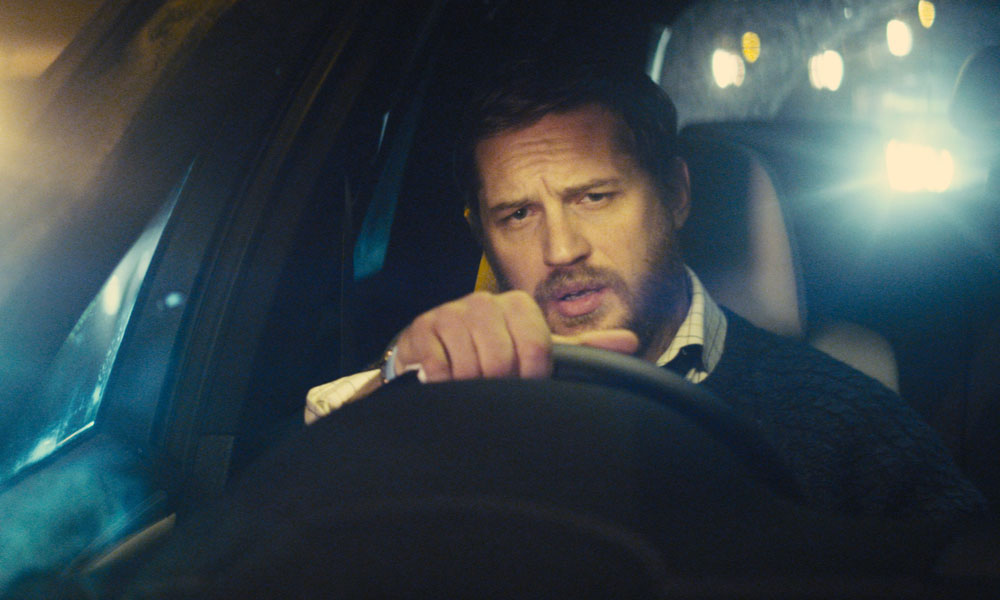
In the past decade, Tom Hardy has emerged as both a bankable movie star and a chameleon of independent cinema, approaching his roles with extreme versatility and an electric presence that makes him one of the most thrilling actors in Hollywood. Whether his characters are hammily extravagant or sensitively humane, he never fails to light up the screen.
One of the wildest portrayals of psychopathy in modern movies came from Hardy in Nicolas Winding Refn’s Bronson, in which he played a dangerous prisoner with an alter-ego. As his first really meaty part to chew on, he totally devoured it with an incredible sense of derangement. In the crime drama Lawless, he dialed it back several notches to create a stubborn and classically masculine bootlegger who moves at his own pace and speaks with a growl – but would rather not speak at all.
One of his most thorough characterizations came with Locke, literally driving the whole story which is a one-man show that takes place entirely within the confines of a car. As the titular Locke, Hardy reveals the character’s background and his urgent situation at hand between soft conversation and fits of rage, building a three-dimensional person who feels like someone you’d know in real life and be shocked to find out what they’re going through. He took another effectively quiet approach to his next role in The Drop before reviving an iconic character for the masses in Mad Max: Fury Road.
That same year, he walked right along the edge of ridiculousness while remaining a total blast to watch as a pair of gangster brothers in Legend, and he earned his first Oscar nomination for his grungy villainous role in The Revenant – a performance which arguably upstaged his Oscar-winning co-star.
Hardy will continue leading the franchise in Mad Max: The Wasteland before delivering what is sure to be a dynamite performance as Al Capone in the biographical drama Fonzy. He will then star in his third Christopher Nolan collaboration, the war film Dunkirk. Having already given plenty of remarkable performances, it definitely feels like he has a whole lot left in him which remains to be seen.
3. Jake Gyllenhaal
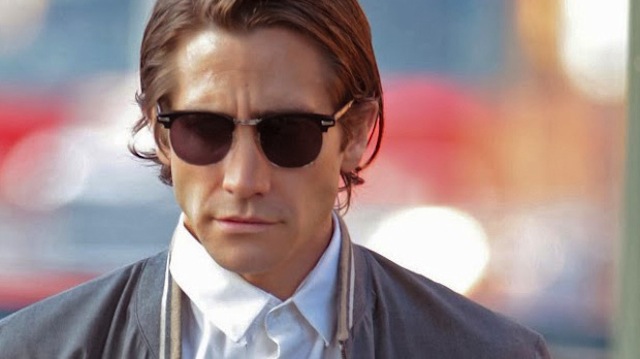
The evolution of Jake Gyllenhaal in the film world is a rare one, as his status as an actor has so quickly escalated into universal respect over the past decade. For several years, most people were familiar with him even as a leading man, yet it took some time for him to be established as an outstanding contemporary actor with massive range.
Despite an unfortunate lack of acknowledgement from the highest honors in awards, he has gained a huge following of audiences who admire his consistently interesting takes on characters from all over the spectrum.
The early years of the 21st century familiarized viewers with Gyllenhaal through the cult classic Donnie Darko, and he furthered his prestige when he received his first and only Oscar nomination for Brokeback Mountain.
He certainly was impressive in these films, as he was in Jarhead and Zodiac in the remainder of the aughts, but it was in the past five years that he completely soared. He found an excellent collaborator in Denis Villeneuve as he added a crucial lifelike quality to his role as a detective in Prisoners and delved deep into the psyche of two distinctively separate doppelgangers in Enemy.
Next came his most memorable work to date in Nightcrawler, in which he conveys the fierce determination of a very disturbed and unstable man who stops at absolutely nothing to succeed in the cutthroat business of media in the modern age.
In 2016, he put in two more stellar performances – first as a widower dealing with his grief in unexpected ways in Demolition, then in another dual role as a potentially vengeful ex-husband and as the heavily distraught character he writes to express his heartbreak in Nocturnal Animals. In all of these films, he does a tremendous job of discovering the flaws and complications in each character, and embracing them just as he would any simpler or more positive trait.
Gyllenhaal has six films in the works: the space thriller Life, Antoine Fuqua’s The Man Who Made It Snow, Paul Dano’s directorial debut Wildlife, David Gordon Green’s Boston bombing drama Stronger, Joon-ho Bong’s adventure film Okja and an adaptation of the video game The Division. It is practically an impossibility that the actor will not deliver great results in at least one of these.
2. Michael Shannon
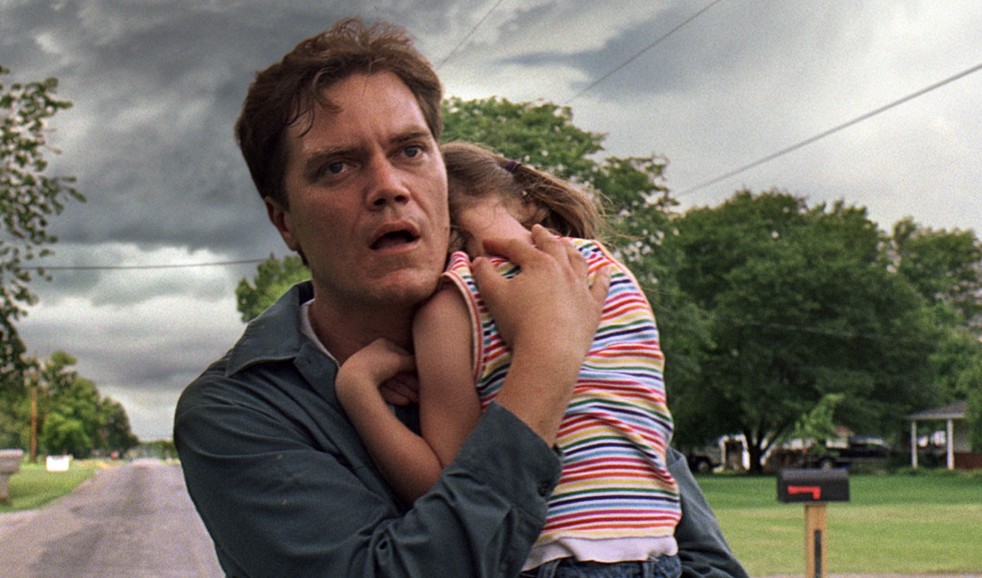
Another fantastic actor who’s been around since the nineties but has only hit his stride in the past decade, Michael Shannon absolutely owns every moment in which the audience is graced with his endlessly watchable presence.
Beholding an inherent sort of intensity carried by no one else around, he can stop you dead in his tracks with a mere look. But he uses his thousand-yard stare not only to evoke a ferocious sense of menace, but also for the sake of humor in some cases and profound emotion in others. And sometimes, he does all three at once.
The introduction to Shannon as an actor to watch out for varies with each viewer. For some, it might have been Sidney Lumet’s swan song Before the Devil Knows You’re Dead, in which Shannon elicited the exact type of scene-stealing intimidation that makes him so special.
For others, it may have been the year after when he received his sole Oscar nomination for Sam Mendes’ Revolutionary Road, in which he played a “crazy” man straight out of a mental institute, spouting harsh truths that the “normal” citizens refuse to confront in their lives.
His ability to convey mental deterioration was put on full display in Take Shelter, one of five films on which he has worked with writer/director Jeff Nichols. In this particular film, he gave his most emotionally resonant performance yet as a family man psychologically breaking down from visions of an apocalypse.
Among his many roles since include a scary hitman in The Iceman and a sinister real estate broker in 99 Homes, both showcasing his ability to enticingly intimidate yet again. In 2016, he had an astonishing ten acting credits in films, the best of which being his glorious turn alongside Mr. Gyllenhaal in Nocturnal Animals. His portrayal of a dying ranger is all at once hilariously deadpan, chillingly threatening and subtly devastating. It combines every attribute that makes Shannon so fascinating and fun to watch.
His upcoming projects include a post-9/11 CIA drama Horse Soldiers, Guillermo del Toro’s Cold War fantasy The Shape of Water, a Thomas Edison vs. George Westinghouse biography The Current War, a love-and-loss drama called State of Sleep and a bigfoot-themed comedy called Pottersville. His constant rate of output makes his career all the more exciting to watch unfold.
1. Joaquin Phoenix
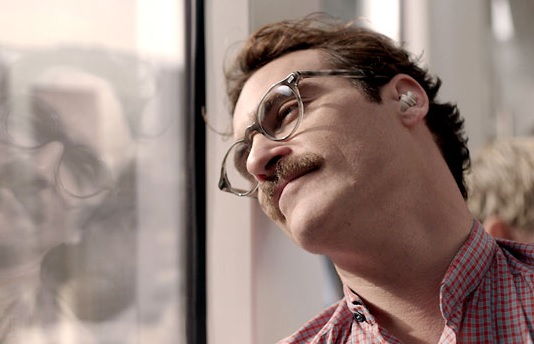
There’s nothing more exciting than a deservedly respected actor committing to a year-long public performance that almost derails his whole career until making a jaw-dropping comeback as an exponentially more impressive actor than he had ever been before. That’s Joaquin Phoenix.
Frequently playing emotionally burdened characters experiencing severe inner turmoil, he conveys with each unpredictable movement and expression a thorough manifestation of the thoughts and impulses resulting from their complex internal conflicts. Throughout his filmography – but especially in these past five years – Phoenix has proven that if there is a contemporary actor who merits comparison to the greats like Marlon Brando, he is the one.
In the 2000s, he was acclaimed rather quickly as a worthy successor to his brother, garnering Oscar nominations for his slimy villain role in Gladiator and his impressive portrayal of Johnny Cash in Walk the Line.
His recognition for these performances was indeed warranted, but they were only appetizers for his greatest work. He delved into an achingly emotional role as a suicidal man caught between Two Lovers before pouring himself into the infamous charade of I’m Still Here, a mockumentary about the actor quitting the film industry to pursue a career in rap music. Marketed as a legitimate documentary, Phoenix humiliated himself in public appearances just to make as authentic a film as possible, and he most certainly succeeded – too well, in fact.
As attitudes changed toward him, he took a short hiatus before Paul Thomas Anderson handed him the best role of his life so far in The Master, which landed him a third Oscar nomination.
Playing his most troubled character yet with a childlike sense of disorientation and the most visceral of emotions on full display, it is perhaps the most stunning performance of the decade, and one that must be seen to be believed. He was then touchingly delicate as a hopeless romantic falling in love with a programmed voice in the wonderful Spike Jonze’s Her, and mysteriously intriguing as a charming but ill-intentioned pimp in The Immigrant.
He then re-teamed with PTA for a lighter role as the pot-smoking investigator in Inherent Vice before most recently leading Woody Allen’s Irrational Man as a philosophy professor who finds new purpose in life through a very dark existential act. The best of the best seem to have their eye on Joaquin Phoenix.
In the upcoming Mary Magdalene, Phoenix will play the Jesus Christ of film characters: Jesus Christ. He will then headline Lynne Ramsey’s sex trafficking drama You Were Never Really Here, followed by his brother-in-law and I’m Still Here director Casey Affleck’s western Far Bright Star.
Gus Van Sant, who gave him one of his first roles in To Die For, is set to direct him again as the paralyzed artist John Callahan in Don’t Worry, He Won’t Get Far on Foot. The caliber of roles Phoenix is taking on suggests that he will in fact continue to go far – likely far enough to cement himself as the best actor of his generation.
Author Bio: Ryan Jamison is a first-year film student from Vancouver, Canada who loves to watch, discuss and make films. Right now, he works at a movie theater, but in the long term he aspires to become a writer/director on a more public level.